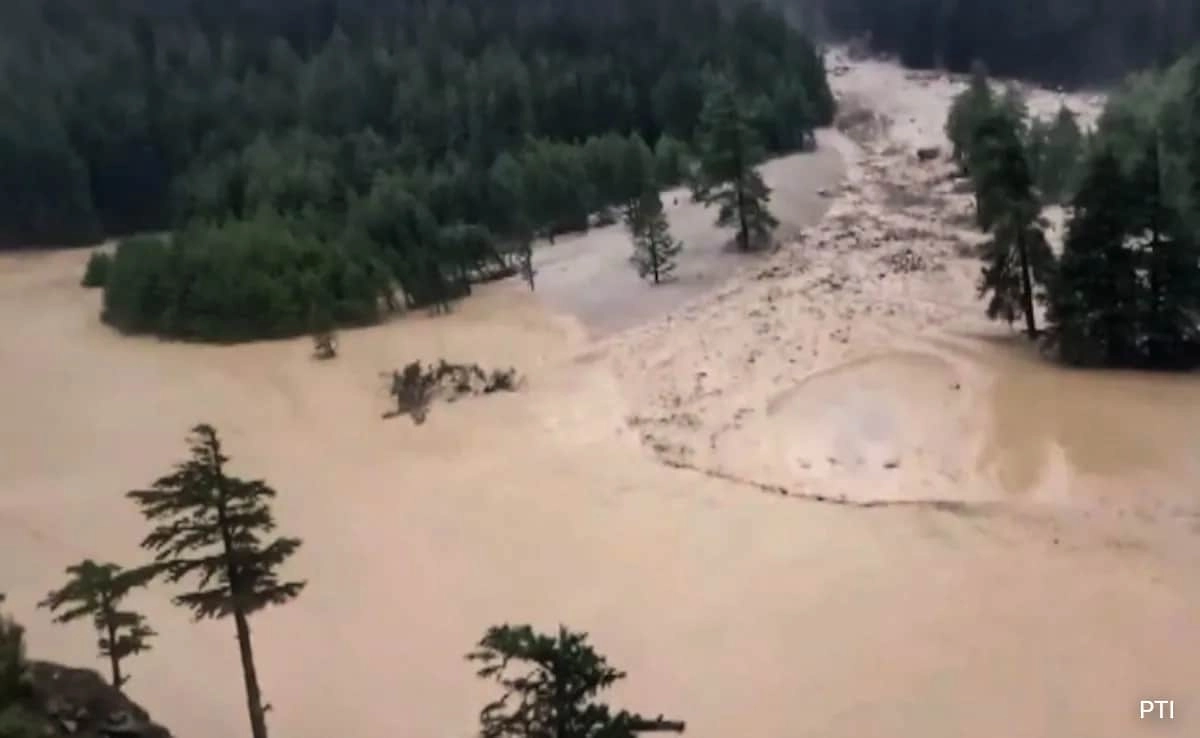In a recent statement that has garnered significant attention, Ghulam Nabi Azad, a prominent Indian politician and former leader of the Congress party, asserted that Pakistan is home to a larger population of terrorists than any other country worldwide. This assertion reflects the ongoing concerns regarding terrorism and its implications for regional stability, particularly in South Asia. Azad’s comments are indicative of the broader narrative that frames Pakistan as a hub for various militant groups, which poses a challenge not only to India but also to global security.
Azad’s remarks come against the backdrop of escalating tensions between India and Pakistan, particularly concerning issues related to cross-border terrorism. The Indian government’s long-standing position has been that a significant number of terrorist organizations operate out of Pakistan, using the country as a base for launching attacks against India. These claims have been supported by various international reports that highlight the presence of extremist groups in the region. Azad’s statement adds to this discourse, emphasizing the need for a concerted international effort to address the threat posed by terrorism emanating from Pakistan.
The implications of Azad’s comments extend beyond mere political rhetoric; they underscore the urgency of addressing the root causes of terrorism and the necessity for cooperative efforts among nations. The international community has a role to play in countering terrorism by ensuring that nations do not harbor or support extremist groups. Azad’s assertion serves as a call to action, urging not only regional players but also global powers to take a unified stance against terrorism, which remains one of the most pressing challenges of our time.
As discussions around terrorism continue, it is crucial to approach the subject with a nuanced understanding of the geopolitical dynamics at play. While Azad’s comments may resonate with many who perceive Pakistan as a source of instability, it is essential to recognize the complexities involved, including the socio-economic and political factors that contribute to the rise of terrorism. Ultimately, a comprehensive strategy that involves dialogue, economic development, and community engagement will be necessary to combat the threat of terrorism effectively and foster lasting peace in the region.




